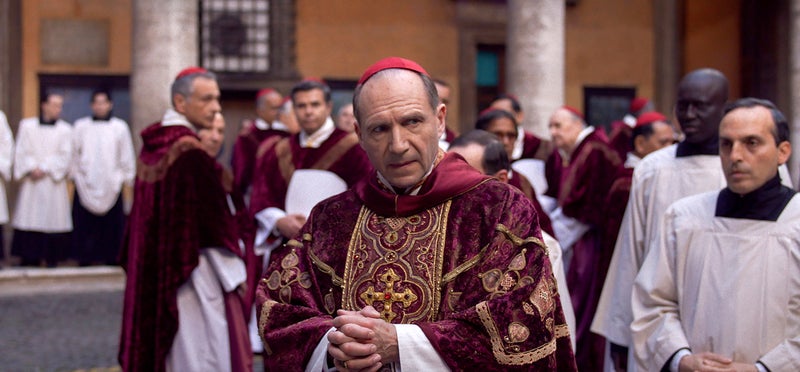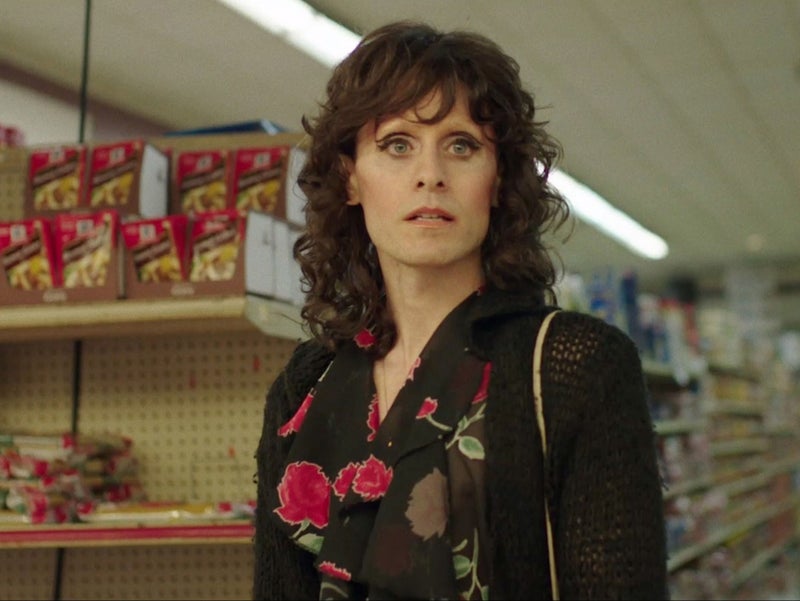Helen O'Hara unveils some of the most baffling wins and omissions in Oscar history. Each year, the Academy of Motion Picture Arts And Sciences attempts to award Oscars to the “best” film or artist in each category that year, and each year it fails at least a few times. There is always room for disagreement on what constitutes “best”: how can we possibly compare Toy Story 3, Inception and The King’s Speech? And yet voters did just that in 2010.
It is similarly impossible to nail down all the egregious choices in academy history, but here are a few of the most glaring errors. Starting with the granddaddy of them all... Beat: Citizen Kane to Best Picture, Best Director and Best Cinematography in 1941. It takes a bit of searching these days to find someone who has a) seen John Ford’s Welsh melodrama How Green Was My Valley and b) did not do so out of a morbid curiosity to understand what it had that made it better than Citizen Kane. Still, there are loyal fans in Wales where it is set, willing to overlook the somewhat shaky accents in recognition of its portrayal of the hard lives of coal miners and its generally affecting love stories. But this film didn’t have anything close to the seismic effect of Orson Welles’s masterpiece on generations of filmmakers that followed, and in retrospect is a bizarrely safe, sentimental choice.
Beat: 2001: A Space Odyssey to Best Director and Best Art Direction in 1968. Credit where it’s due: Carol Reed’s take on the musical version of Oliver Twist is a largely peppy affair that isn’t afraid to dip into darkness where necessary to give Fagin and Bill Sikes their edge. But Stanley Kubrick’s film was – as must have been obvious even at the time – a towering achievement, depicting several million years of evolution. The good news is that Kubrick won an Academy Award for his special effects work on the film, his only competitive Oscar, but he was robbed of Best Director and his film of Best Art Direction.
Beat: Enron: The Smartest Guys In the Room to Best Documentary in 2005. If more people watched Enron and fewer people watched fairy tales about penguins, the world would be a better place. Luc Jacquet’s Antarctic nature documentary features some stunning photography amid hostile conditions, but it is handicapped by a trashy, unscientific voiceover that keeps emphasising the family “love” that drives these birds – despite the fact that they only mate for a season and never see their young again, once they’re weaned. Alex Gibney’s look at the shocking crash of a Wall Street darling, on the other hand, manages to make dry financial matters feel vital and immediate, and avoids making cutesy claims that the Enron board just couldn’t help being motivated by a near-mystical devotion to money.
Beat: Brokeback Mountain in 2005. Even Crash director Paul Haggis doesn’t think his film should have beaten Ang Lee’s delicate, tragic cowboy romance. And yet the academy went for the fragmentary ensemble piece rather than the heartbreaker. Maybe they weren’t ready for a film about a gay couple; maybe the voters thought it was more “important” in some way to reward a film about race issues in LA (something close to their everyday experience that may have felt more immediate, perhaps). But whenever people gather together to moan about bad Oscar choices, this will be mentioned within the first five minutes.
Beat: Born On the Fourth of July, Field of Dreams, Dead Poets Society and the not-even-nominated Do the Right Thing to Best Picture in 1989. If you turned on TV one Sunday afternoon and found Driving Miss Daisy, you might think it was a cute, minor picture with some odd, awkward things to say about racism. If someone told you it’s a Best Picture winner, you would rightly scoff. And yet it is, beating four films that have all aged considerably better than the winner. Worst of all was the failure of the academy to even nominate Spike Lee’s blistering Do the Right Thing, which had to make do with a Best Original Screenplay nod and a nomination for Danny Aiello in the Supporting Actor category. Lee would not be nominated for Best Director or Picture until BlacKkKlansman.
Beat: High Noon, The Quiet Man and the not-even-nominated Singin’ in the Rain to Best Picture in 1952. Another embarrassing choice: the academy rewarded Cecil B De Mille’s circus extravaganza over Fred Zinnemann’s classic western, High Noon, and John Ford’s Irish favourite The Quiet Man. Worse, they didn’t even nominate Singin’ in the Rain for the top prizes, presumably because it wore its excellence too lightly. The award for Greatest Show tends to be explained away as a sort of career prize for De Mille, but the irony is that he would go on to make The Ten Commandments just a few years later in 1956, which would in turn have made a much better Best Picture winner than Around the World in 80 Days, which beat it that year. But then the winner that year should have been The Searchers, so perhaps that doesn’t solve much.






















